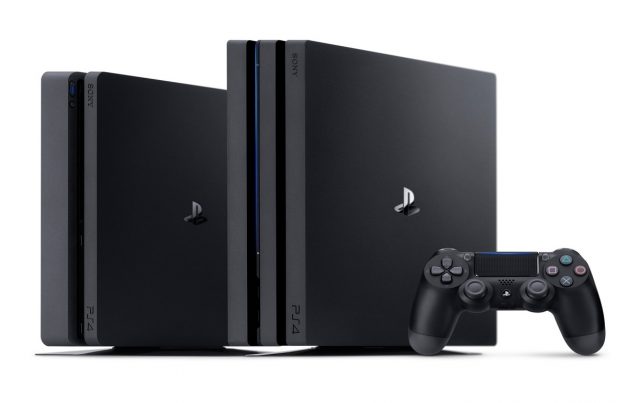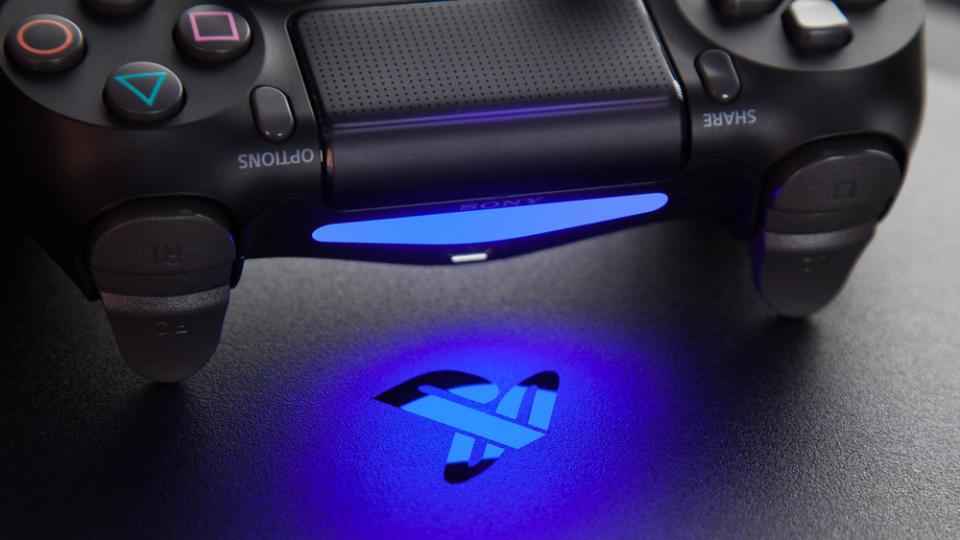No one, most certainly not Sony, has forgotten their mistake of pricing the PlayStation 3 at $499 USD back in 2006. It cost the company a lot of bad press and is still a running meme over a decade later.
When Xbox One was announced to be $499 in 2013, it received a similar fate, which was (thankfully?) lost in all of the poor online-only messaging that caused Microsoft to stumble out of the gate in this generation, giving PlayStation 4 a lead again with their $399 console.
Fast forward to E3 2017, when the Xbox One had already gone through a price drop to $349, and Xbox One S had been out for just under a year at $299, when Microsoft announced Xbox One X, a higher-end, more capable console with oh-so-many teraflops of power, for, well, $499.
But it worked.
After a year on the market, Windows Central shared NPD analysis that Xbox One X “has been performing phenomenally… year-over-year growth like this at this point in the cycle has never been seen before.”
On May 9th, Japanese analyst Hideki Yasuda of Ace Research Institute released his report about Sony, predicting that the console, given all its power and focus on performance, will launch at the end of next year for a price equivalent to $499 USD.
As a result of this higher price, Yasuda expects the PlayStation 5 to only reach 6 million units in the first year, while it took PlayStation 4 only four months to sell as many consoles. By the end of its first full year on the market, PlayStation 4 sold 14.4 million consoles.

Technology and entertainment website Inverse is postulating that Sony could be making a huge mistake by pricing the console at $499, even though it seems Xbox One X was able to overcome the higher price and improve console sales at the same time.
So why was the Xbox One X able to pull it off? Generations and options.
Xbox One X is in the middle of a console generation, Microsoft even touting that it is trying to split up what would be traditional gaming periods to go “beyond generations.” They repeated that phrasing multiple times throughout their E3 2016 conference where the Xbox One X (then Project Scorpio) was first teased.
Because of this gap, gamers who already had an Xbox One or Xbox One S didn’t feel a huge pressure to upgrade. Those who bought the Xbox One S also already knew that Project Scorpio was on its way, so there was no consumer backlash when Microsoft again updated their console a year later.

However, with PlayStation 5 on the horizon (no, not that one, or that one, and not that one either), it will be the start of a new generation in earnest, just by virtue of the naming scheme alone. As such, gamers will more likely feel compelled to buy the new console, which will be seen as a base model, despite being more powerful than PlayStation 4 Pro or Xbox One X, naturally.
Microsoft, when they eventually release their new hardware, are likely to keep it in the Xbox One family, and can eliminate the Xbox One S from their product line, keep the Xbox One S All-Digital Edition as their budget model, reduce the price of the Xbox One X to $399, and introduce a new console (Xbox One X2?) for $499. No one is forcing the gamer into a new generation; they upgrade as money and desire allows, while their existing games and hardware all continues to work on the new console, so consumers are a lot more receptive to a $499 price tag.
Sony, on the other hand, could reduce the price of PlayStation 4 Pro to $349 or even $299, to compete with Xbox One X even harder, while its new console launches at $399, but with the announcement from Mark Cerny that this will be a PlayStation 5, not a PlayStation 4 Pro Plus Max (insert additional marketing buzz here), we’re unsure how the market will react to such a stark difference in perceived value for the price, and what may appear to be a lack of choice in consoles for those that want to play new games that are only available on the newest systems.
How do you think PlayStation 5 and Xbox One X2 will play out? Do you expect Microsoft to indeed go with an entirely new console structure and restart the generation in a more traditional way? Or do they continue going “beyond generations” and building on the Xbox One brand?
We’re likely to find out at least part of the story at E3 in just a few short weeks.

